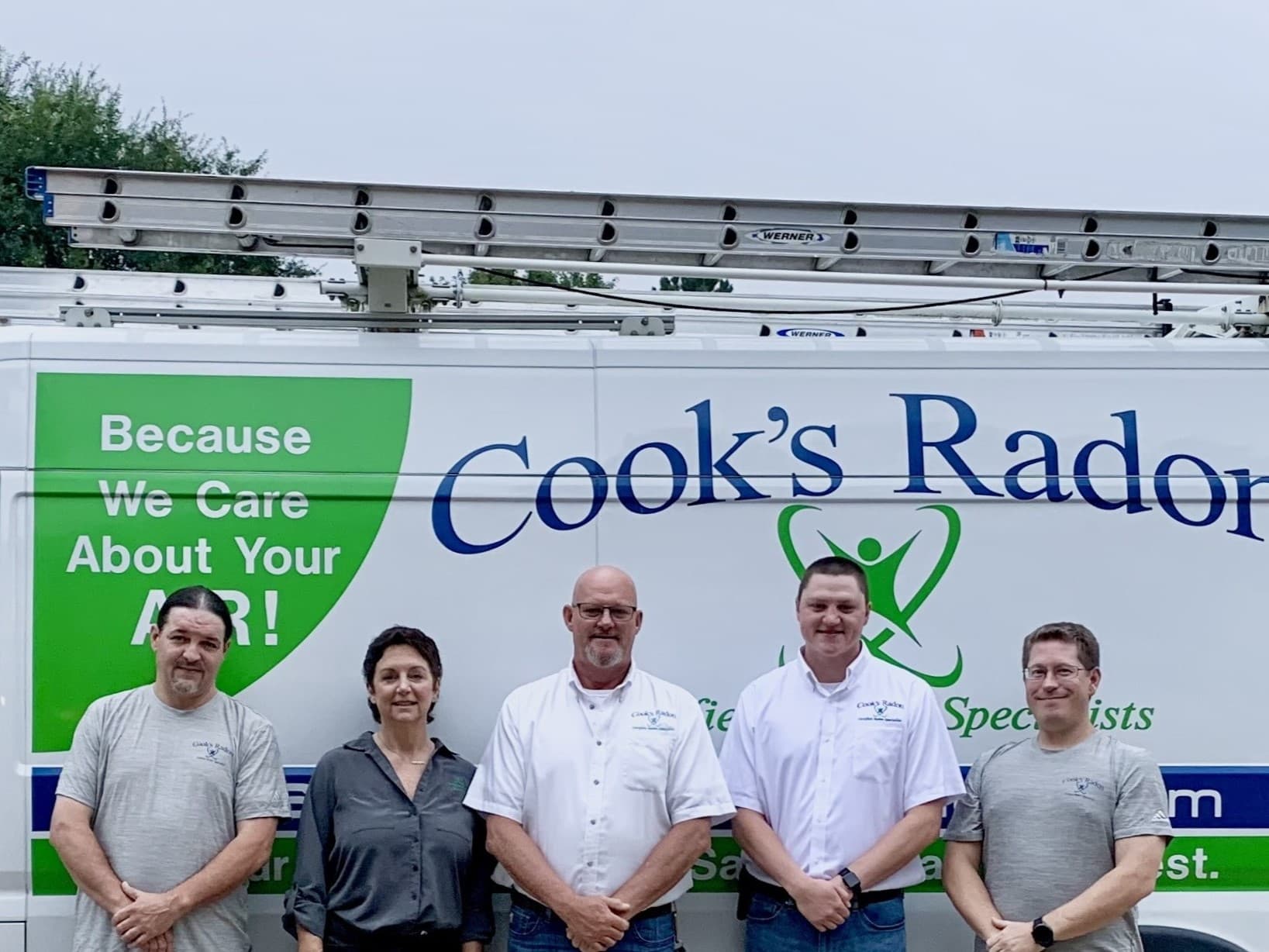January is Radon Awareness Month
Published January 9, 2020


Published January 9, 2020

If you weren’t aware that radon exposure is a serious issue, you might want to read all about radon gas. And if you’re worried about radon exposure, the first step is testing for radon gas.
The only way to determine your home’s exposure to radon is with a test. Each home’s risk for radon is unique with regard to soil conditions, points of entry, and home ventilaton systems. And though your neighbors may test negative for radon, your home may not.
Radon tests are used to determine the potential of a home having elevated levels of radon, independently of how the house is operated. The tests involve closing all windows and doors, except for normal exit and entry, and testing on the lowest livable location in the home, or basement. Forty eight hours is the minimum duration for any radon test. This technique has become the primary method for testing homes, and is typical for real estate transactions. The results of the test will determine the need for any radon remediation.
A radon gas level of 4 picocuries per liter (pCi/L) is determined by the EPA as a level that requires remediation. And by using the EPA estimates, and a formula of the total number of homes by the average number of homes with elevated radon, there are most likely 12,000 homes and more in Atlanta alone that have elevated levels of radon. As the Georgia radon map shows, DeKalb, Fulton, Gwinnett and Cobb counties are at highest risk for elevated radon levels.
Don’t take chances with your the health and welfare of your family. Contact Cook’s Radon today to get a radon test kit and have your home tested for radon. We know how to check for radon gas.